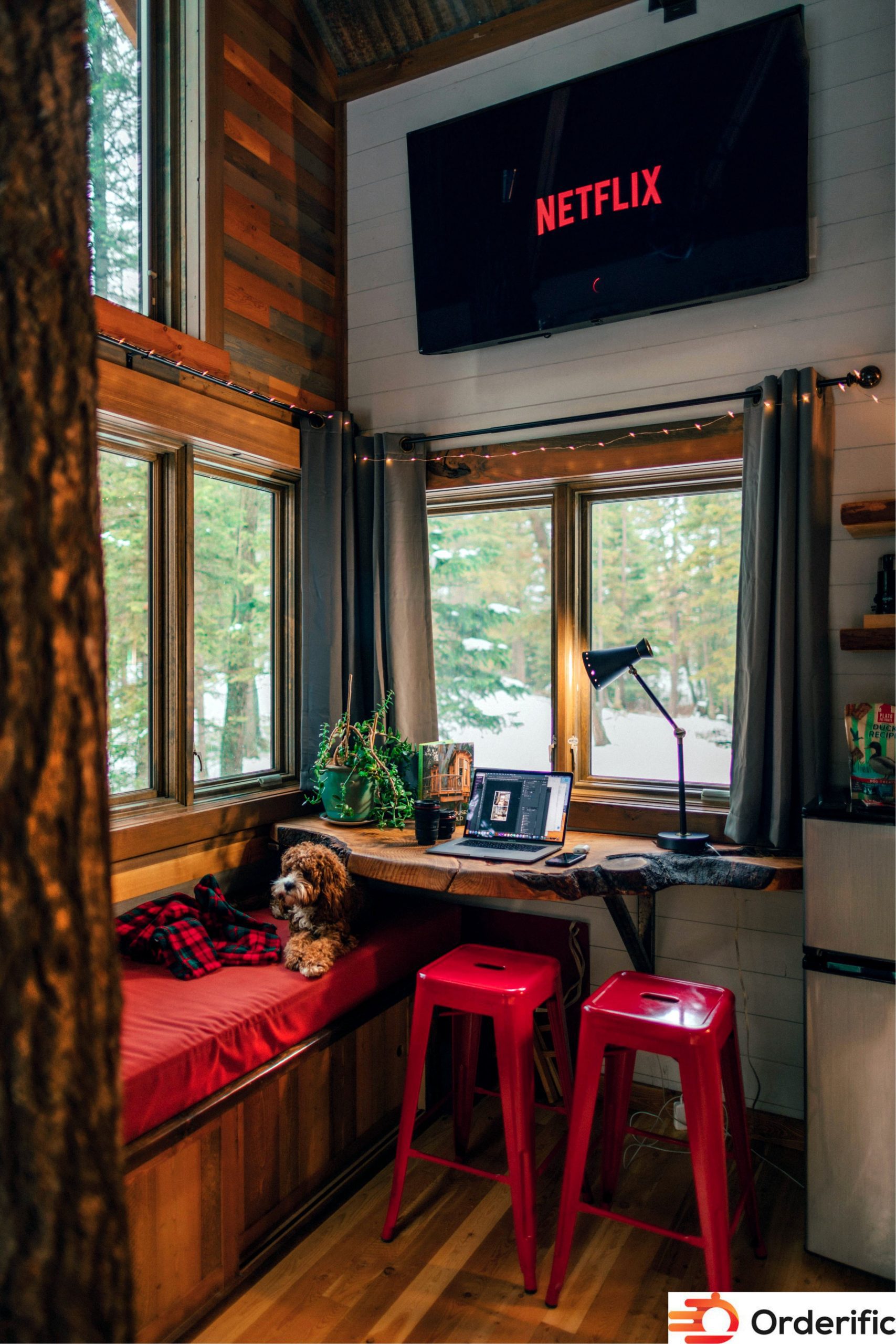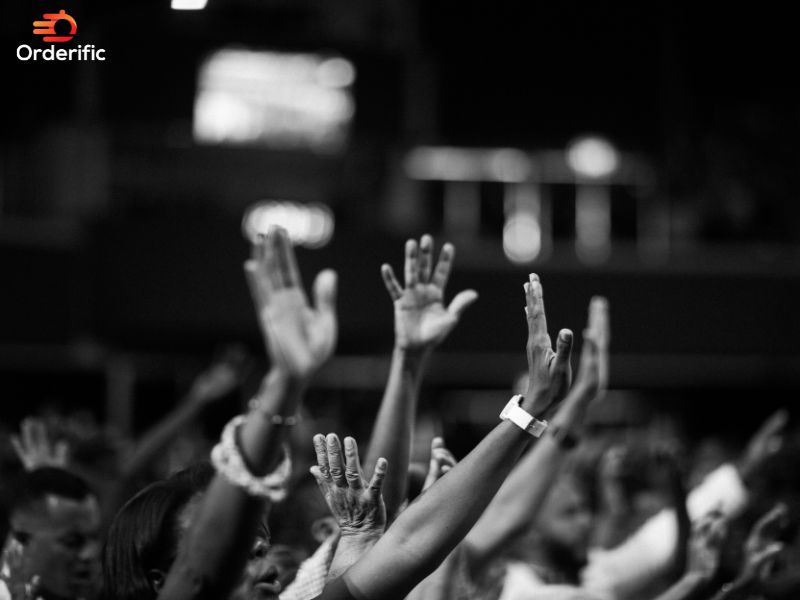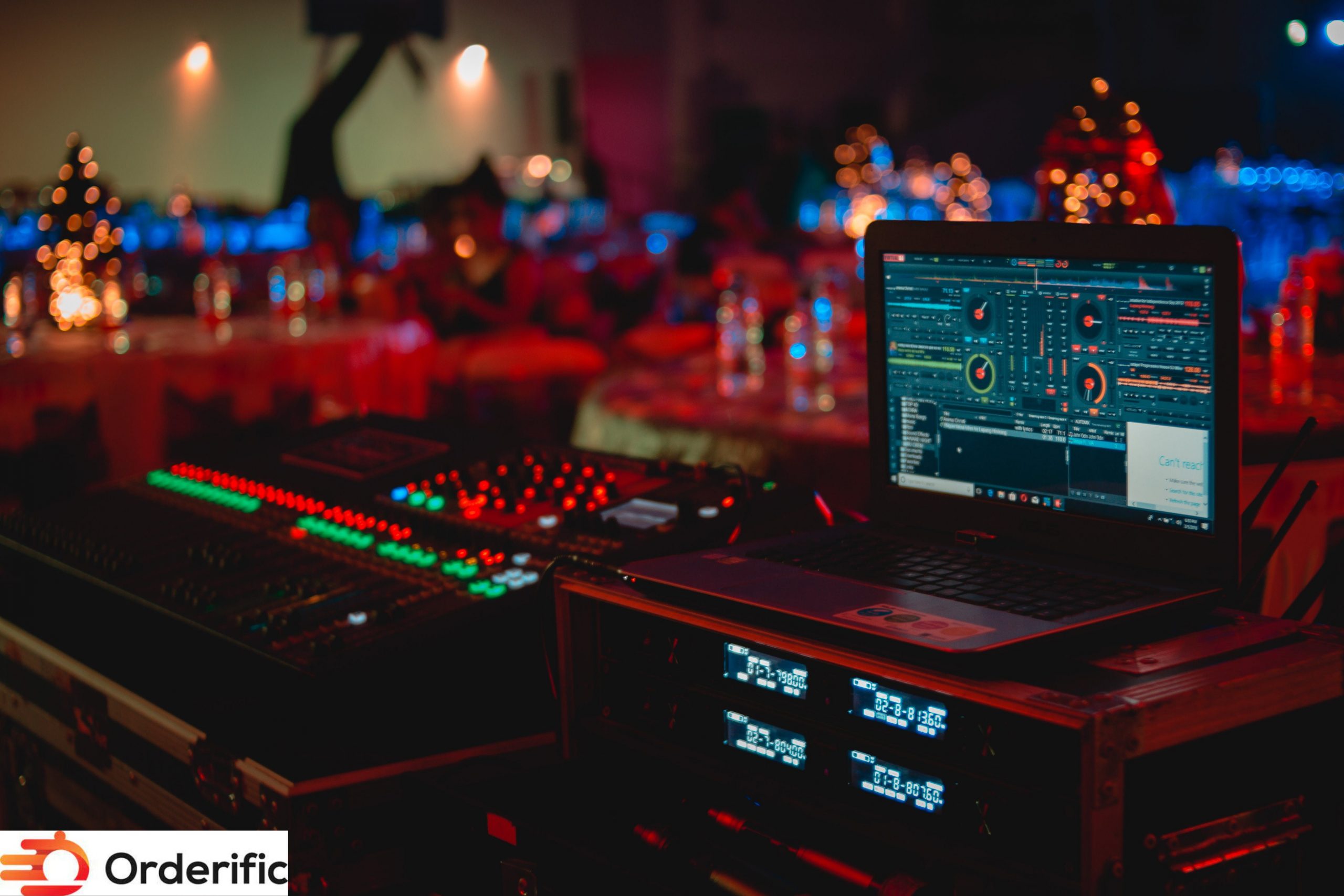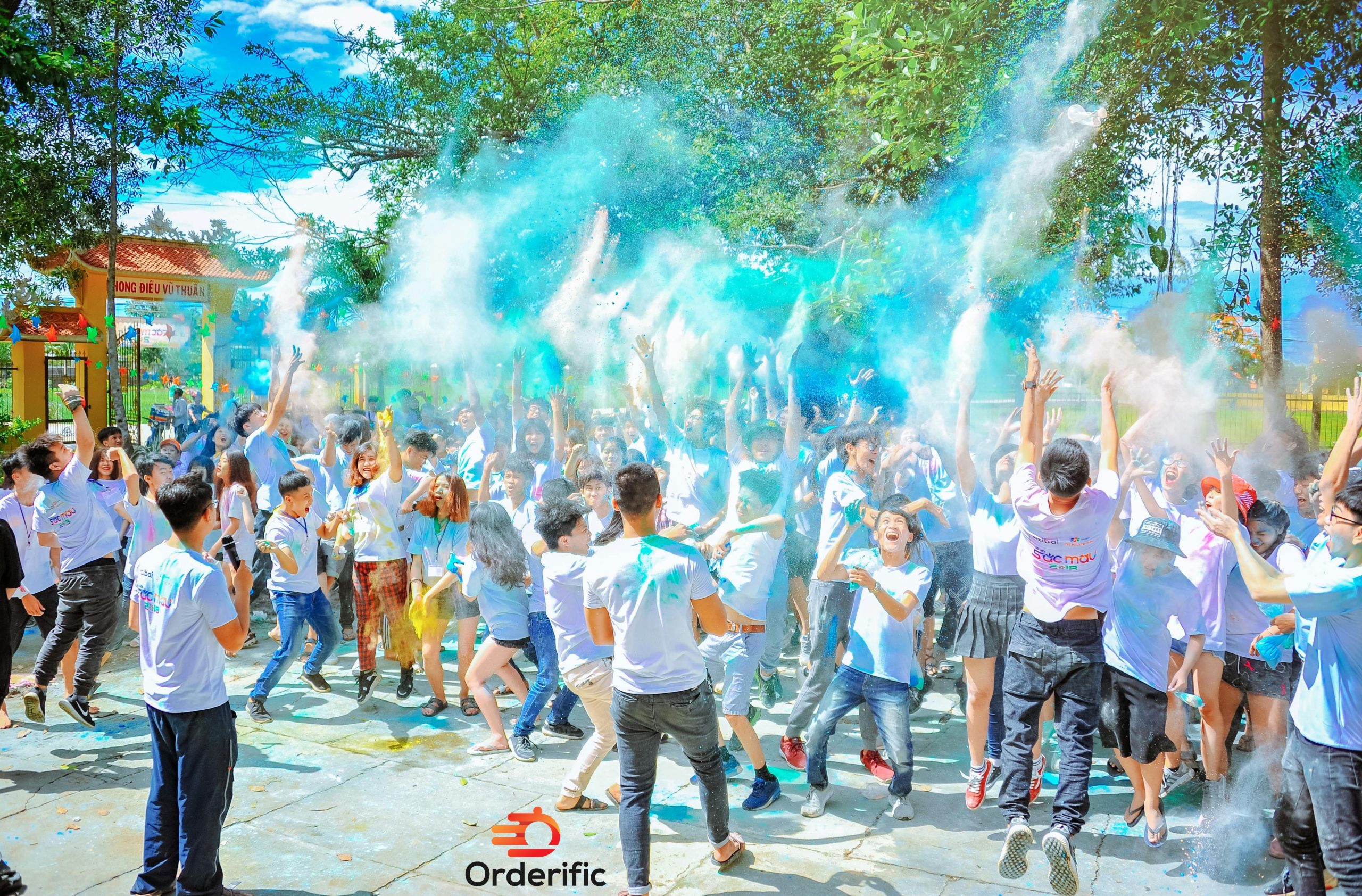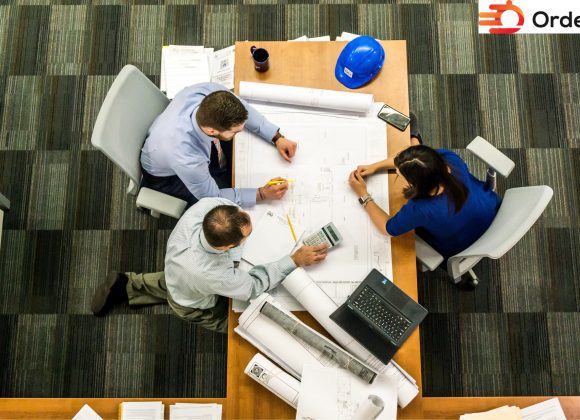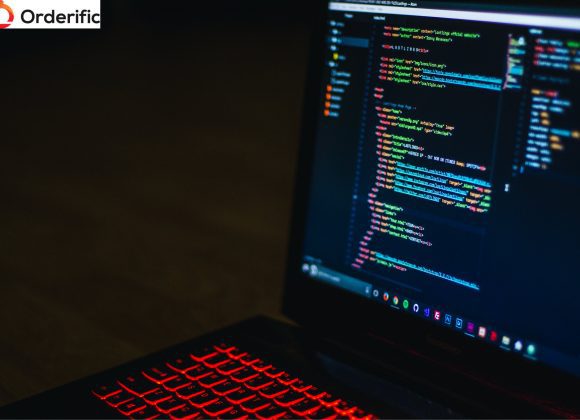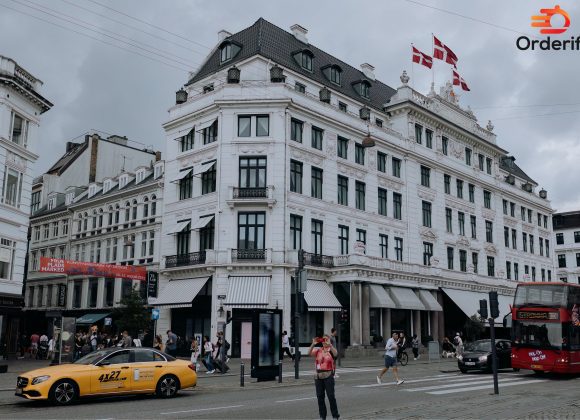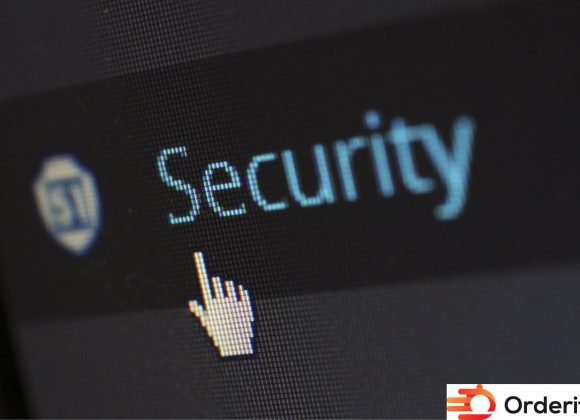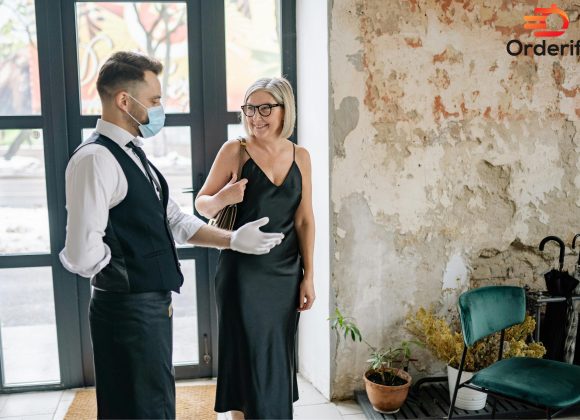Introduction
The demand for innovative adapting hotel software has never been greater in a rapidly evolving hospitality industry. Today’s guest, at the center of this transformation, expects a seamless hotel experience that aligns with their preferences and needs. Consequently, the role of property management systems (PMS) expands far beyond mere room booking and reservation. These systems must now cater to years of changing guest expectations, aiming to elevate the guest experience, optimize hotel operations, and drive hotel revenue.
In this dynamic landscape, hoteliers juggle various management tasks, from revenue to channel management, necessitating a comprehensive management system. The modern PMS, therefore, becomes a powerful tool offering a multifaceted solution – accommodating the rising technology trends, fostering customer satisfaction, and providing a competitive edge in the hospitality sector. With our in-depth exploration of this topic, we aim to highlight the importance of adapting software according to evolving guest needs and how this adaptation can shape the future of the hospitality industry.
How To Improve Your Back-Office To Support All Environments
Streamline Operations Through Automation
In the vibrant ecosystem of the hospitality industry, hotel management plays a pivotal role in delivering superior guest experiences. Leveraging hotel management software and property management systems is no longer an option but a requirement to meet the dynamic needs of the guest. This change, driven by multiplying technology trends, reshapes the hospitality sector. Hoteliers are evolving their strategies and focusing on enhancing the guest experience through personalized service and streamlined operations.
On the back end, comprehensive property management systems are being leveraged for revenue and channel management, contributing to a steady increase in hotel revenue. This digital transformation in the hospitality industry influences guest preferences as they seek seamless online booking and direct interaction with hotel staff. The result is a marked improvement in guest satisfaction, a core factor in the hotel’s success.
Seamless Communication And Collaboration
Incorporating seamless communication and collaboration into hotel operations is paramount. Modern hotel management software serves as a conduit for effective communication, allowing a two-way interaction between guests and hotel staff that enhances the guest experience. It enables real-time updates and notifications, adeptly bridging the gap between the guest’s needs and hotel services. Additionally, the software promotes collaboration within the hotel team. This enhanced team coordination fosters operational efficiency and consistency in service delivery. Consequently, guests enjoy a personalized and seamless experience, which bolsters guest satisfaction and loyalty, ultimately contributing to an increase in hotel revenue. Therefore, the integration of effective communication and collaboration features in property management systems is not merely an advantage but a necessity in the contemporary hospitality landscape.
Centralized Data Management
In the realm of modern hospitality, centralized data management has become integral to efficient operations. Property management systems now function beyond traditional room booking, enabling a central repository for all guest data, reservation details, and other pertinent information. This wealth of data, when properly harnessed, provides invaluable insights that help tailor the guest experience to individual preferences. Centralized data management, achieved via cutting-edge hotel management software, not only streamlines operations but also facilitates personalized service delivery. As these systems evolve to meet the shifting needs of guests, they simultaneously fuel guests’ satisfaction, enhance loyalty, and drive revenue growth. Therefore, embracing centralized data management is an investment that directly propels hotels into the future of the industry.
Enhance Guest Experiences With Data Analytics
Harnessing the power of data analytics within hotel management software can fundamentally enhance the guest experience. Data analytics tools embedded within these systems can analyze guests’ preferences, behaviors, and feedback, allowing hoteliers to customize services to individual demands. This personalized approach, driven by data, fosters a deeper connection between guests and the hotel, increasing satisfaction and fostering loyalty. Furthermore, data analytics can identify operational inefficiencies, providing opportunities for improvements that can streamline processes, enhance productivity, and optimize revenue. In this dynamic hospitality landscape, the incorporation of data analytics into property management systems is not just beneficial, but necessary to keep pace with evolving guest needs.
Cloud-Based Solutions For Centralized Operations
The adoption of cloud-based solutions is key to modernizing hotel operations. The shift to the cloud facilitates centralized operations, providing a unified platform for managing different tasks. Cloud-based property management systems offer real-time access to data, enabling swift decision-making and effective problem resolution. These systems ensure data security and offer scalability, accommodating the changing needs of the hotel industry. With the cloud, hoteliers can streamline service delivery, improving guest satisfaction and loyalty, which can lead to increased revenue. In a nutshell, transitioning to cloud-based hotel management software is a strategic move, instrumental in keeping up with evolving guest expectations.
Mobile Technology For Efficient Communication
The modern hospitality industry is characterized by evolving guest needs, necessitating adaptive, innovative hotel management software. Property management systems (PMS) now serve multiple roles, from room booking to revenue and channel management, helping optimize hotel operations and enhance the guest experience. Automated operations, seamless communication, and collaboration through detailed data management are crucial to meeting guest expectations. Data analytics embedded in these systems offer insights into guests’ behaviors, fostering personalized service delivery and operational efficiency. Moreover, the shift to cloud-based solutions facilitates centralized operations and real-time data access, ensuring swift decision-making and data security. Finally, the incorporation of mobile technology for efficient communication further modernizes hotel operations, catering to the dynamic needs of the guest. In conclusion, utilities such as a comprehensive PMS are not just beneficial but necessary to keep pace with the changing landscape of the hospitality industry.
Remote Task And Workflow Management
The integration of remote task and workflow management into property management systems (PMS) is essential in today’s hospitality industry. With the hybrid workforce becoming more prevalent, hoteliers must ensure seamless coordination of tasks, even when teams are geographically dispersed. Hotel management software possessing this functionality can assign, track, and manage tasks remotely, thereby improving operational efficiency. Furthermore, it can enable a seamless flow of communication, fostering collaboration among teams. This adaptability not only enhances the guest experience but also allows hotels to maintain service quality and consistency, even as the working environment evolves. Thus, embracing remote task and workflow management through PMS is crucial for the modern hotelier in adapting to changing guest needs and industry trends.
Tips To Adopt For Improved Guest Experience
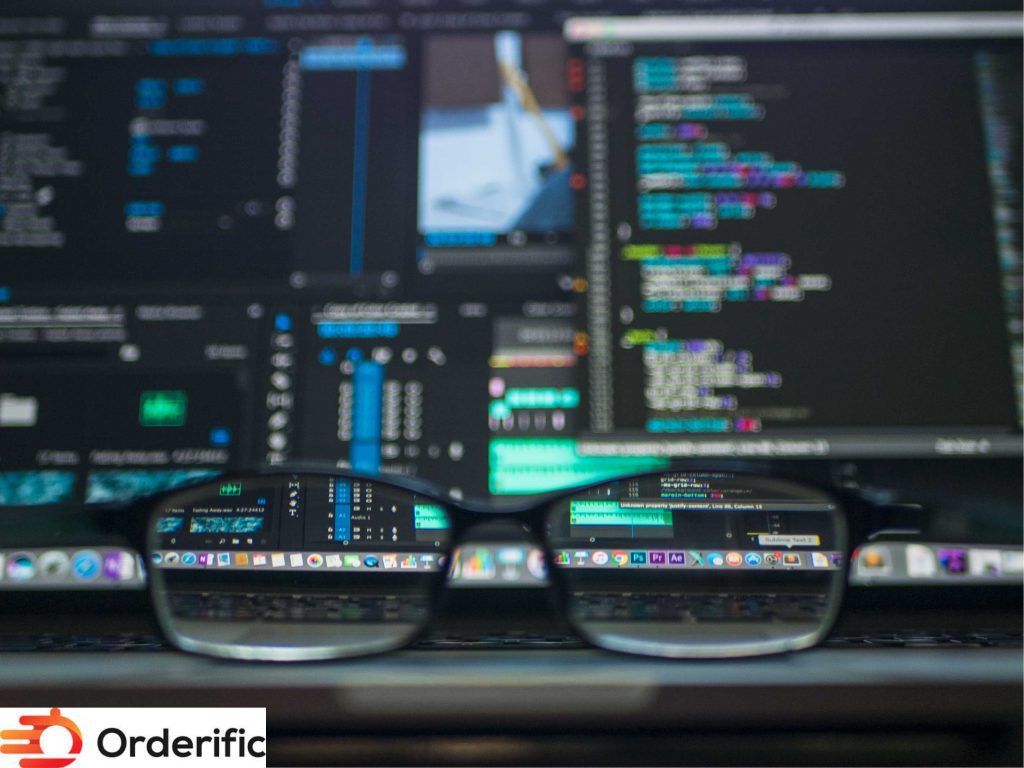
Understanding Changing Guest Expectations
Understanding and adapting to changing guest expectations is vital in the hospitality industry. As guests become more tech-savvy and their needs evolve, hotel management software and property management systems (PMS) must innovate to meet these demands. A comprehensive PMS must facilitate seamless communication and collaboration, while also offering centralized data management and data analytics to tailor services to individual guest preferences. The adoption of cloud-based solutions and mobile technology is key to ensuring real-time data access and efficient communication. Meanwhile, the incorporation of remote task and workflow management in the PMS supports a hybrid workforce, improving operational efficiency. By understanding these changing expectations and adapting accordingly, hotels can deliver a personalized and satisfying guest experience.
Customizing Software To Meet Evolving Guest Demands
As the hospitality industry evolves, so too must the hotel management software and property management systems (PMS) that underpin it. Understanding and adapting to changing guest expectations is crucial. Today’s tech-savvy guests demand seamless communications, personalized services, and real-time data access. To meet these requirements, a PMS must offer centralized data management, data analytics, and efficient communication facilities. In addition, the adoption of cloud-based solutions and mobile technologies facilitates real-time data access and efficient communication. With the rise of the hybrid workforce, remote task and workflow management are also essential features. By tailoring software to meet these evolving demands, hotels can greatly enhance the guest experience.
Enhancing Staff Training To Align With Evolving Guest Needs
Staff training in the hospitality industry must evolve in tandem with the changing landscape of guest needs. As technological advancements transform guests’ expectations, it’s crucial for hotel staff to be adept at utilizing hotel management software and property management systems (PMS). By harnessing the power of data analytics, centralized data management, and seamless communication features, staff can deliver personalized services that resonate with the contemporary guest. Training should also encompass the use of cloud-based solutions and mobile technologies, which offer real-time data access and foster efficient communication. Furthermore, as the hybrid workforce grows, the importance of mastering remote task and workflow management features in PMS cannot be overstated. Ultimately, an investment in comprehensive staff training is an investment in guest satisfaction and hotel success.
Staying Ahead In Guest-Centric Software Development
In an era marked by digital transformation, the hospitality sector cannot afford to lag behind. It’s crucial for hotels to Adapting hotel software and property management systems (PMS) to meet the evolving needs of tech-savvy guests. Centralized data management, seamless communication, data analytics, cloud-based solutions, and mobile technology are all integral to this process. These features enable real-time access to data, personalized services, and efficient workflow management, enhancing guest satisfaction. Crucially, as the hybrid workforce becomes more prevalent, PMS must incorporate remote task and workflow management to maintain operational efficiency. Staff training should also be updated to ensure hotel personnel are proficient in using these advanced systems. By staying ahead in guest-centric software development, hotels can significantly improve the guest experience, thereby assuring their success in the industry with the help of adapting hotel software.
Conclusion
The dynamic nature of the hospitality industry calls for an equally dynamic approach to hotel operations with adapting hotel software. Central to achieving this is the innovative use of adapting hotel software and property management systems (PMS). These comprehensive systems facilitate seamless communication, centralized data management, efficient workflow management, and personalized services through data analytics. The shift towards cloud-based solutions and mobile technology enables real-time data access. While remote task and workflow management support the growing trend of the hybrid workforce. Training staff to use these technologies effectively is also fundamental to delivering an enhanced guest experience. In conclusion, the evolution of guest needs necessitates the evolution of hotel management practices. Adopting a tech-savvy, guest-centric approach is not only beneficial but essential for success in the modern hospitality industry.
To understand how our software can help you meet these evolving needs, Book a demo with Orderific today.
FAQs
What software is used in hotels, and why?
Hotels use property management systems for streamlined operations and enhanced guest experience.
What types of software would hotels need?
Hotels need property management systems, customer relationship management software, revenue management systems, and channel management software.
What is POS in the hotel industry?
POS refers to a ‘Point of Sale’ system used for transactions in the hotel industry.
How can hotel automation change the hotel industry?
Hotel automation can enhance operational efficiency, improve guest experience, and boost revenue with adapting hotel software.


